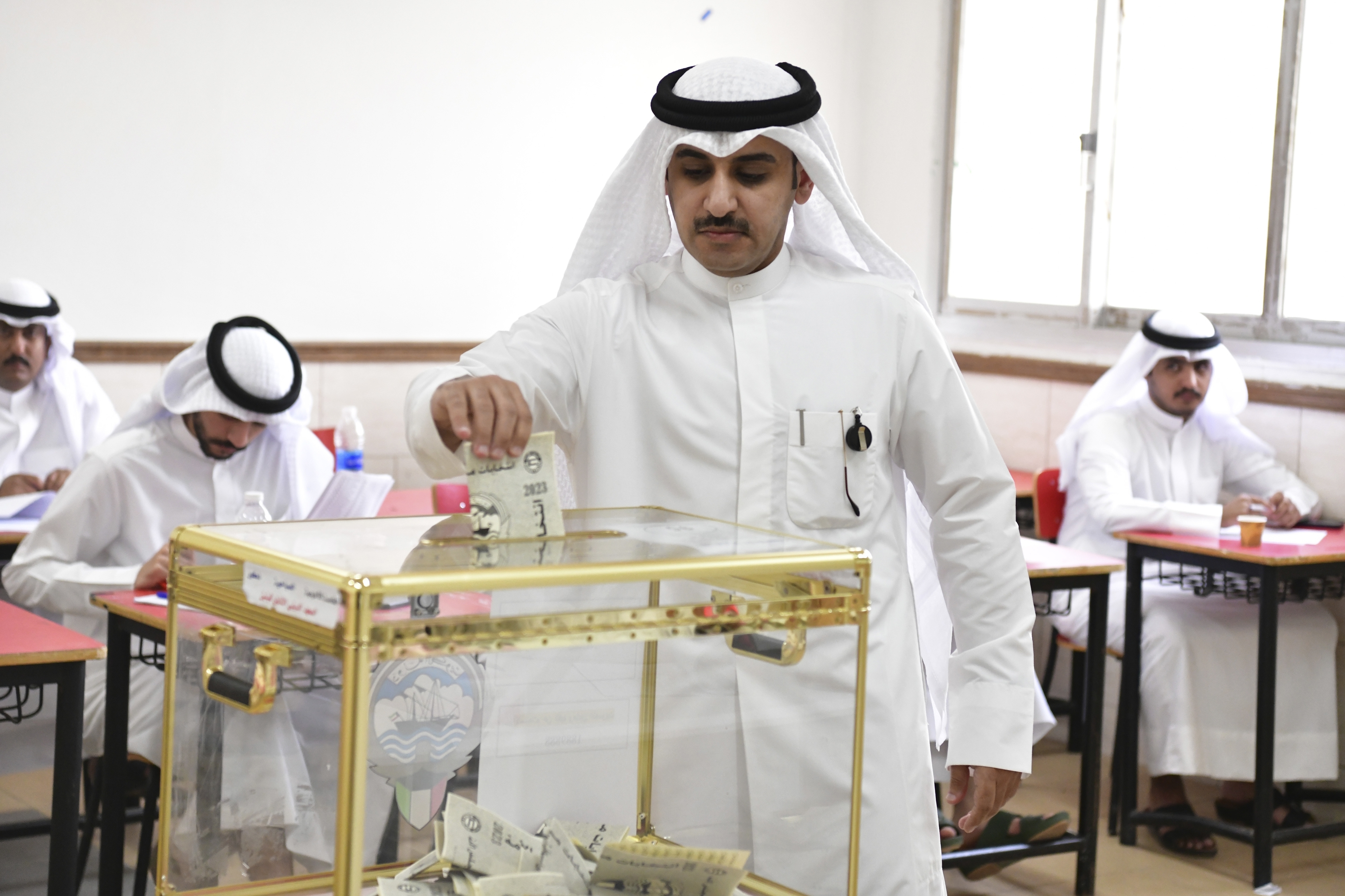
Counting is under way after voters in Kuwait cast their ballots in the seventh legislative election in just over a decade, following repeated political crises that have undermined parliament and stalled reforms.
Polling stations closed at 8pm (17:00 GMT) on Tuesday. Results will be announced on Wednesday, the official Kuwait News Agency said.
More than 793,000 eligible voters had the chance to determine the makeup of the 50-seat legislature in the only Gulf Arab state to have an elected parliament with powers to hold the government to account.
A total of 207 candidates are running for a four-year term as lawmakers, the lowest number in a general election since 1996. They include opposition figures and 13 women.
Kuwait’s emir, Nawaf al-Ahmad Al-Sabah, called the vote last month after he had again dissolved parliament amid a persistent political deadlock.
Constant stand-offs between the branches of government have prevented lawmakers from passing economic reforms, while repeated budget deficits and low foreign investment have added to an air of gloom.

Bickering recently focused around a controversial bill that proposes the government take over consumer and personal loans of Kuwaiti citizens. The government says the move would be too expensive, costing almost $46bn in public funds, while MPs argued it would cost significantly less, under $6.5bn.
The ongoing rift between elected lawmakers and an appointed cabinet has resulted in a decay of social services like healthcare and education.
Lack of stability has also scared off investors in Kuwait’s petroleum industry, which accounts for seven percent of the world’s crude reserves.
Amid widespread frustration with the political elite, all eyes are on voter turnout.
Al Jazeera’s Rob Matheson, reporting from Kuwait City, said several Kuwaiti NGOs were authorised to monitor turnout.
“The Kuwait Transparency Society put out figures saying that about an hour before the polls closed, 50 percent of registered voters had voted,” he said.
“If that’s true, it’s a bad indication about how people feel about politics in Kuwait.”
While lawmakers are elected, Kuwait’s cabinet members are installed by the ruling Al-Sabah family, which maintains a strong grip over political life.
In March, the constitutional court nullified the results of last year’s elections – in which the opposition had made significant gains – and ruled that the previous parliament elected in 2020 be reinstated instead.
Since Kuwait adopted a parliamentary system in 1962, the legislature has been dissolved around a dozen times.







